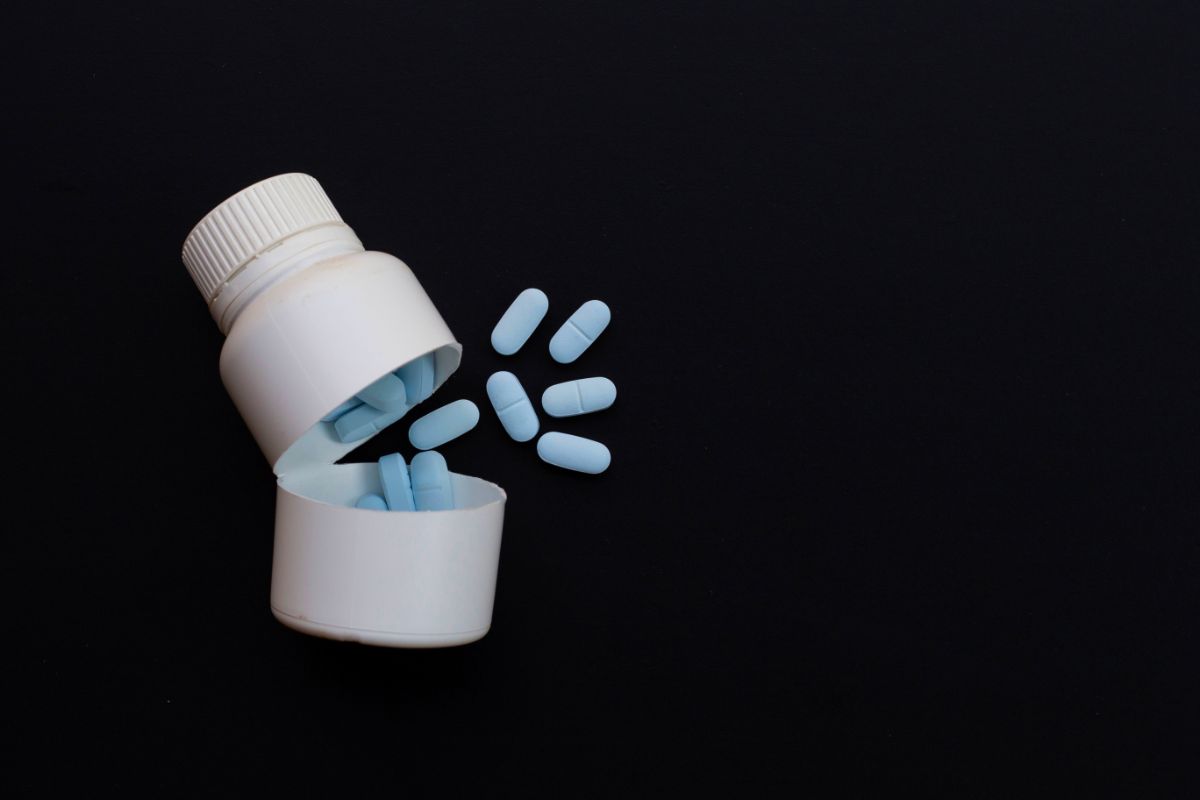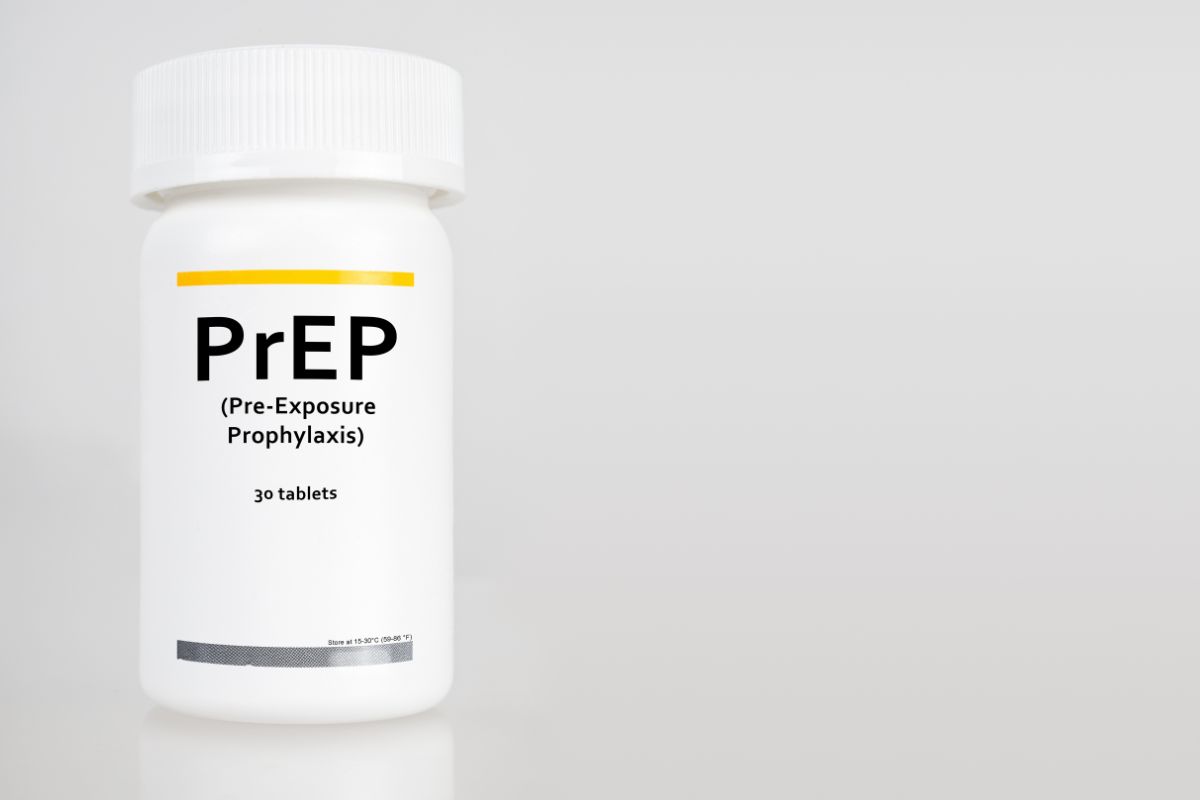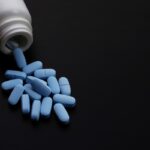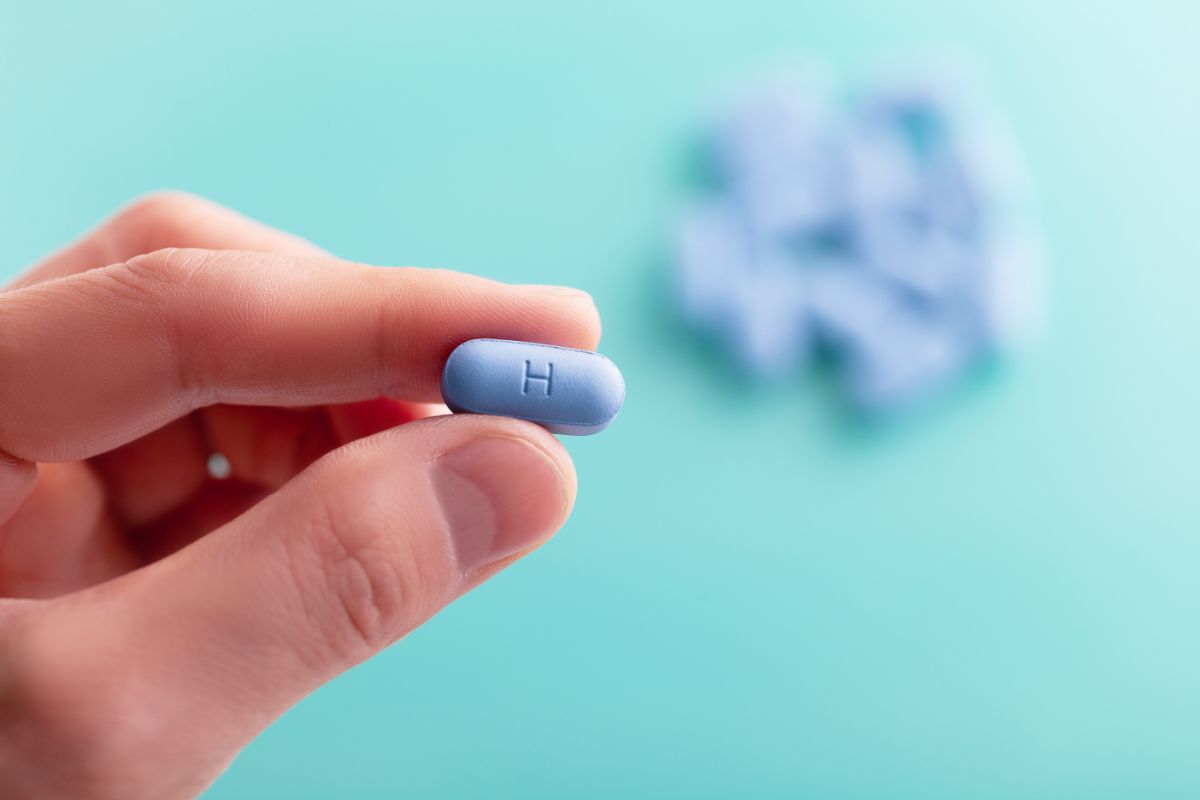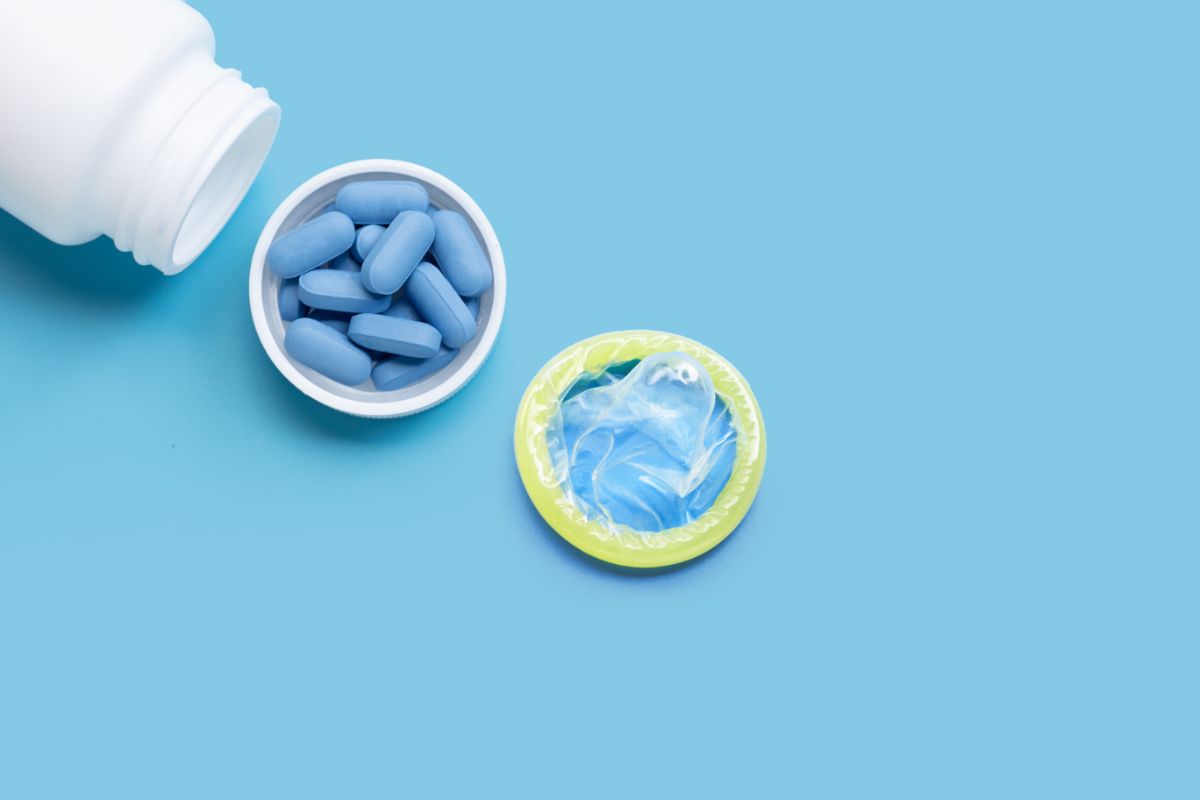Alcohol is one of those substances that affects medications in odd ways.
There are many reasons for this, but the primary one is that it shifts how the body interacts with those medications when they are in the gut and when they are absorbed into the bloodstream.

For a lot of medications, this is actually quite problematic, as the drugs are designed for a specific purpose to treat a specific condition.
For example, when an antidepressant is given to treat something like anger management, alcohol cannot only limit the effect of the drug, but its inhibition-loosening qualities can also mean that people have more problems controlling their temper.
As such, you want to know it won’t affect your medication. Like PrEP, is it affected by alcohol? In this article, we seek to find this out and let you know about what effects alcohol may have on your intake of PrEP (see also ‘What Are The Side Effects Of PrEP?‘).
What Is PrEP?
PrEP is the acronym for the name ‘pre-exposure prophylaxis’ and it is a preventative medication that people can take to prevent the spread and infection of HIV to the person taking the medication.
Generally, it is given to people who are considered at a higher risk of developing HIV than others.
These include sexually active adults who reside in an area that has a higher proportion of people infected with the virus, intravenous drug users, and people in a serodiscordant relationship – people in a relationship where one of them has HIV.
The reason for the reservations about handing it out to others is less to do with the side effects of the drug, as normally they are very minimal, and much more to do with their need to be applied to certain people and areas.
HIV, for all its virulency, does not affect a huge proportion of the population of the world, outside of parts of Africa.
Since measures have been taken to prevent HIV’s further spread – given the public information and research into treatment – this has meant that the medicine is best given to communities who need it most and are in constant risk of exposure.
Does Alcohol Affect PrEP?
While alcohol is known to affect a lot of different drugs, there is currently not much information on whether it affects PrEP in relation to HIV.
This can be seen as a great thing, as though alcohol on its own is not a terrible thing, excessive drinking can lead to forgetfulness, boldness, and problems with self-control.
As such, heavy drinkers may be at risk of exposing themselves to the virus more than most people, especially sexually active heavy drinkers.
Remembering to take a pre-exposure prophylaxis pill before going out drinking is a lot simpler than stopping poor decisions while inebriated.
There is one issue that may cause problems for people who drink heavily or alcoholics, though. That is long-term effects on the body of PrEP.
When you look at two of the brands that make PrEP – Truvada and Descovy – they note some issues that alcohol may cause, but that hasn’t been said elsewhere.
The first – Truvada – talks about their PrEP product having a very low chance of causing liver and kidney problems.
These are quite serious side effects and considering that alcohol also affects these areas, it should be a cause for concern amongst those who may drink in excessive amounts.
In Descovy’s case, they mention how their drug is affected by other drugs that affect the metabolism of the body, which alcohol does as well.
Since this revolves around the increase and decrease of P-gp, it depends on whether alcohol affects this glycol-protein significantly.
With this being the case, talk to your doctor about whether drinking will affect the drug that you wish to take, how it will affect it, and whether drinking alcohol will negatively affect your body when you are taking PrEP.
We only gave a case study of two PrEP brands, but it shows that alcohol could have the potential to affect them, so you need to speak to a healthcare professional before proceeding.

Will Others Drugs Affect PrEP If I Intake Them?
As far as we are aware of, no. However, once again, you would need to speak to a professional about this and give them details of the drug you are taking.
Other drugs – like alcohol – affect multiple functions of the body (like the liver and metabolism, we mentioned before). Changes to these areas can reduce the PrEP’s effectiveness overall and may put you at risk.
With that said, though, PrEPs are given to intravenous (needle injecting) drug users most of the time, because they are most at risk of infection.
From this, we can draw the conclusion that drugs generally don’t affect PrEP’s or their effect on them is minimal in most senses of the word.
The worry for most healthcare professionals when providing PrEP to regular drug users is consistency.
We can assume the people taking them are sexually active and therefore at risk, but in order for a PrEP to be effective, the patient must remember to take them consistently and regularly.
This can be problematic for both alcohol users and drug users if they suffer addiction problems, as everything else in their life will take a back seat to fuelling their addiction, including personal healthcare and routine medication taking.
Considering that social problems within the areas of problematic HIV infection rates in the US are not being dealt with effectively, and these problems can lead to addiction issues, help for these communities and as such widespread availability of PrEP and routine healthcare for them is not going to happen anytime soon.
Conclusion
As far as the information is available, there is no problem with taking PrEP with alcohol. It seems that there may be some problems, but in order to get the full scope of them, you would have to speak to a healthcare professional.
Since PrEP’s are designed for a multitude of drug users, these problems are probably pretty minimal, but you should always double-check with a professional before moving forward.
- Understanding Male Reproductive Health: A Complete Guide - February 2, 2025
- Simple Healthy Skin Habits for Radiant Skin - December 6, 2024
- Unlocking the Connection Between Nutrition and Mental Health - December 3, 2024


